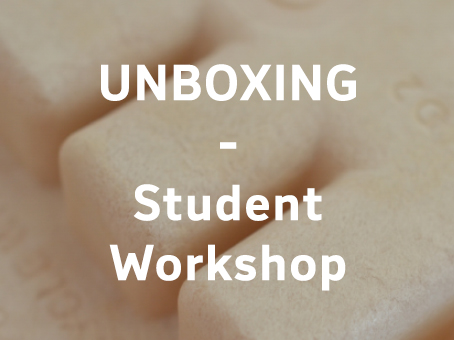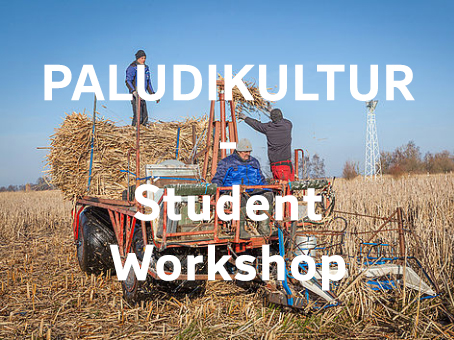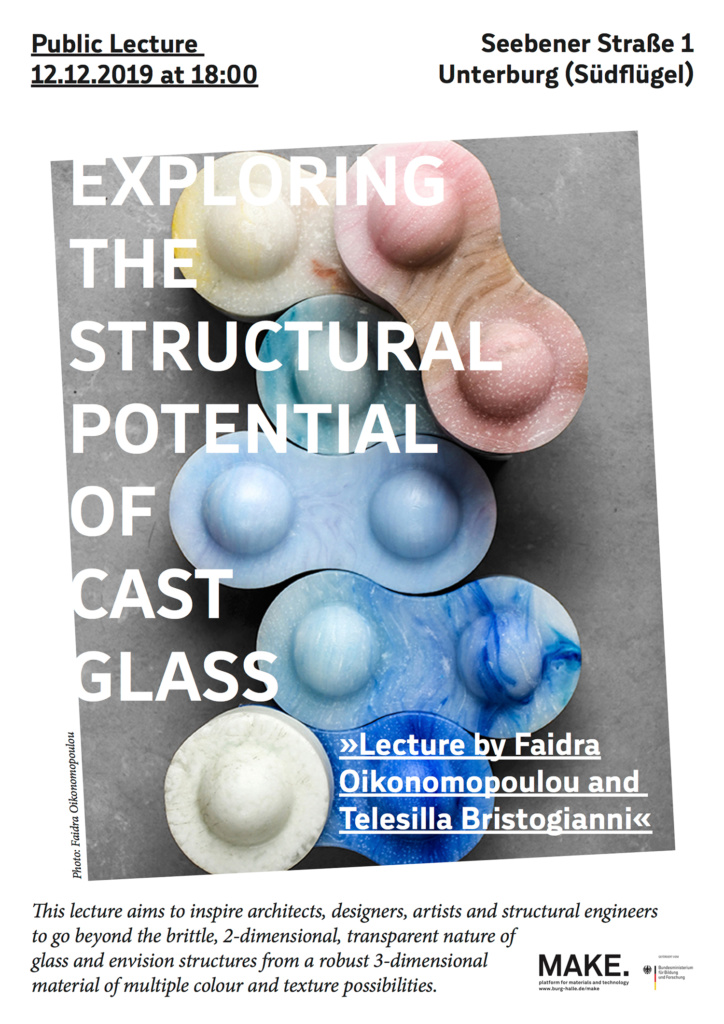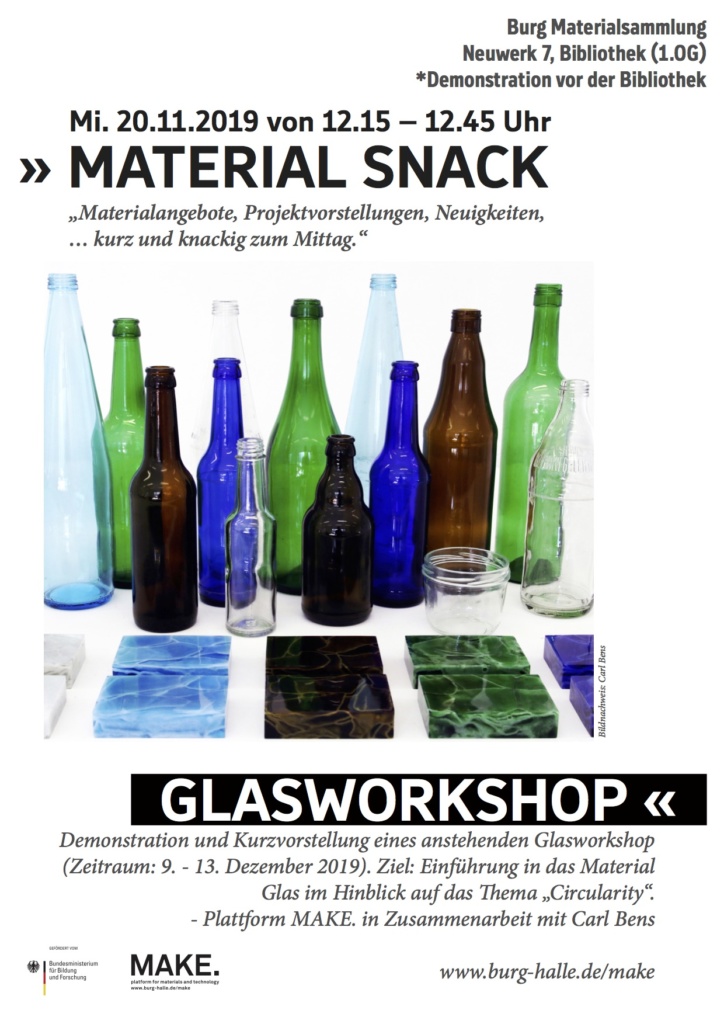Author Archives :
Aart van Bezooijen
Growing as Making: Online Symposium & Hands-on Workshops
Online Symposium on the status quo of biofabrication and its opportunities for art and design education – Join us September 21st
Date: 21.9.2020
Time: 18:00 – 20:30 (CEST)
Location: Online Event
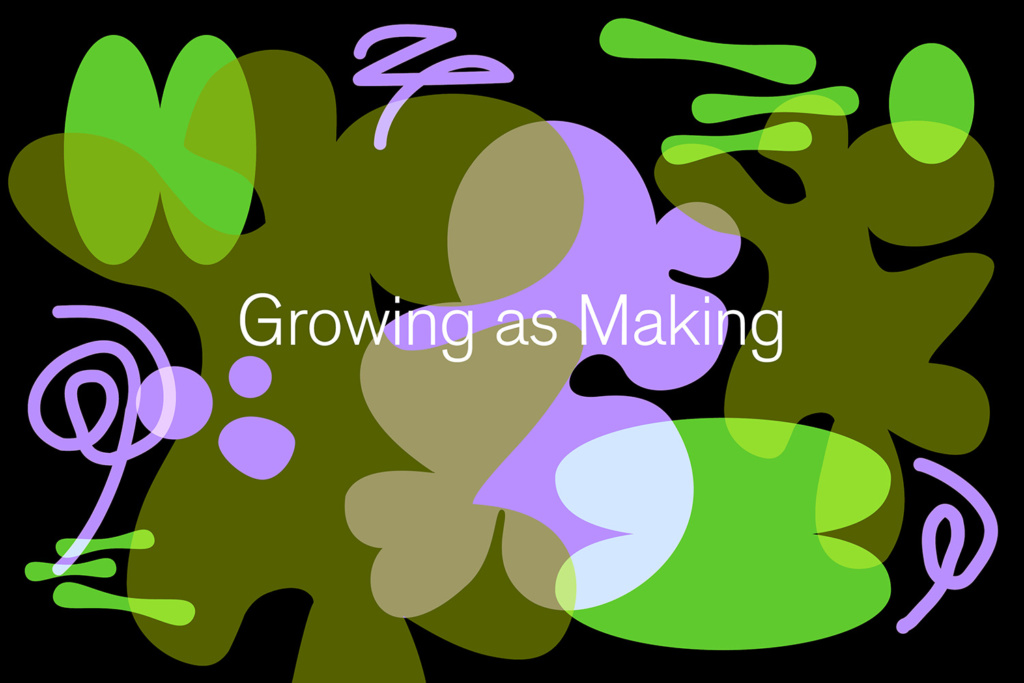
Nature is full of biological systems that have developed and optimized themselves for over millions of years. A large part of its growing processes are happening on a microbial level – invisible to the human eye. In its truest sense we want to take a closer look at this hidden life of microbes, their skills, their qualities and their possible roles in creating more sustainable futures. At this online symposium we bring together five international speakers from different backgrounds to get a better understanding of these so called “living factories” where mycelium, algae, proteins and bio-minerals are the grassroots for new material developments.
This online symposium is the starting point for two on-site workshops initiated by MAKE. – Platform for Materials and Technology Transfer at this year’s summer session at the Burg University of Art and Design Halle. The “How to Grow?” scenarios workshop is organized in collaboration with the cx centre for interdisciplinary studies, AdBK Munich.
This online event can be joined by email registration. Feel free to join us for a backstage look at bio-fabrication and its possibilities for art and design education.
Registration
Please register by mail at make@burg-halle.de until Sunday 20th.
You will receive an email with a streaming-link to join the conference on September 21st.
Program
18:00
Introduction followed by five Micro-talks by Ruben Janssen, Maurizio Montalti, Julia Lohmann, Bernhard Schipper and Filipe Natálio.
19:30 – 20:30
Discussion panel with Q&A by our workshop participants.
Moderation: Karianne Fogelberg (cx centre for interdisciplinary studies, AdBK Munich) and Prof. Aart van Bezooijen (MAKE. – Platform for Material and Technology Transfer, BURG)
Speakers
Ruben Janssen
Micropia, Netherlands – micropia.nl
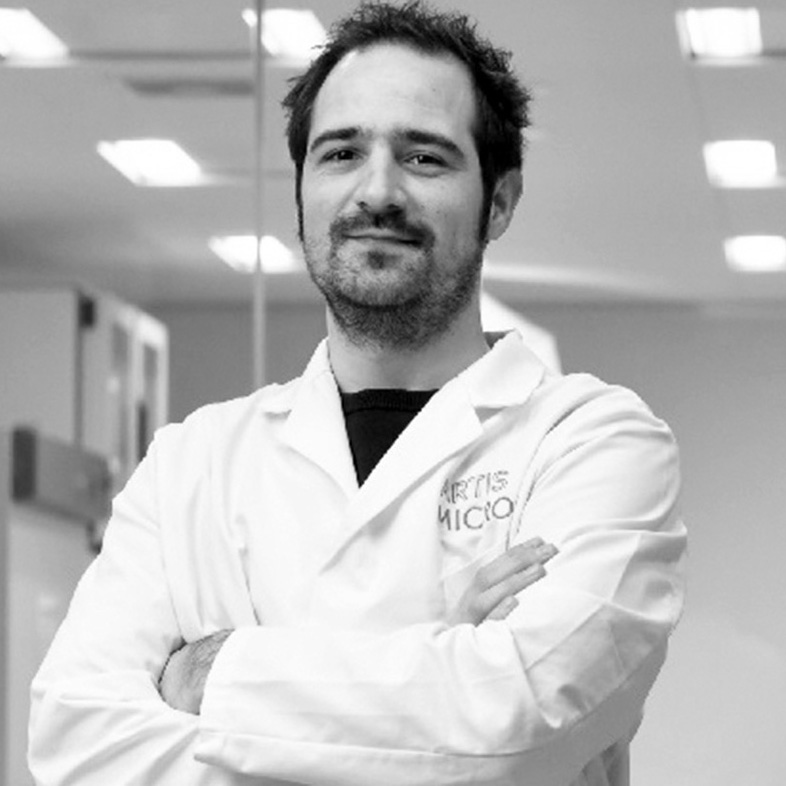
Ruben Janssen is biologist and educator at ARTIS Amsterdam Royal Zoo and at Micropia, the world’s first only museum of microbes in the world. With a master degree in evolutionary biology and working experience in education, scientific research and Micropia’s laboratory, he provides input and content in daily operations, new exhibits, grants and collaborations of the museum. He is also responsible for the content of news items on the website and social media posts of Micropia.
Maurizio Montalti
MOGU, Italy – mogu.bio
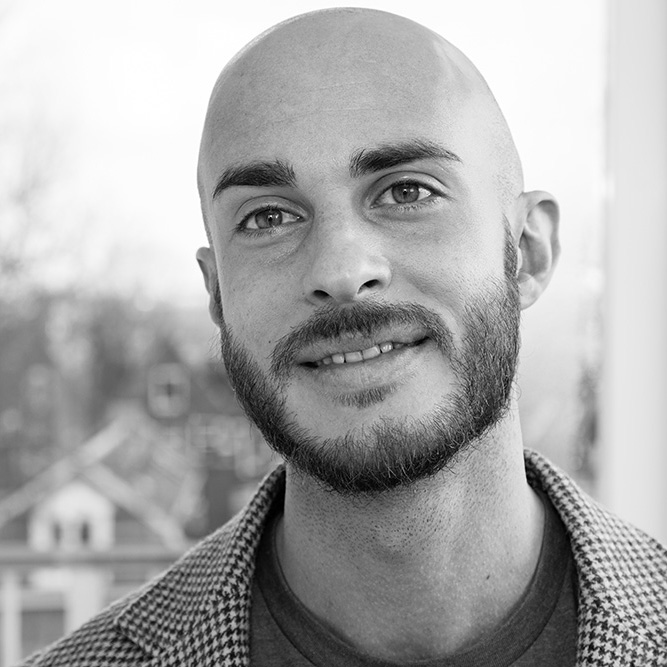
Maurizio Montalti is a designer, researcher, educator and entrepreneur. He is founder and creative director of Amsterdam-based practice Officina Corpuscoli (2010), where he investigates design-research subjects, reflecting on contemporary material culture as well as on the relationship between human and non-human agents, as part of the relational complexity of the dynamic ecosystem we all belong to. Maurizio is also co-founder, designer, and R&D director of MOGU, an innovation-driven design company dedicated to the creation of high-performance solutions and products deriving from fungi. His work has received many awards and has been on show in museums such as the Museum of Modern Art (New York), Centre Pompidou (Paris), Design Museum (London), Triennale (Milano), MAXXI (Rome), and the Museum of Applied Arts (Vienna).
Julia Lohmann
Department of Seaweed, Finland – julialohmann.co.uk
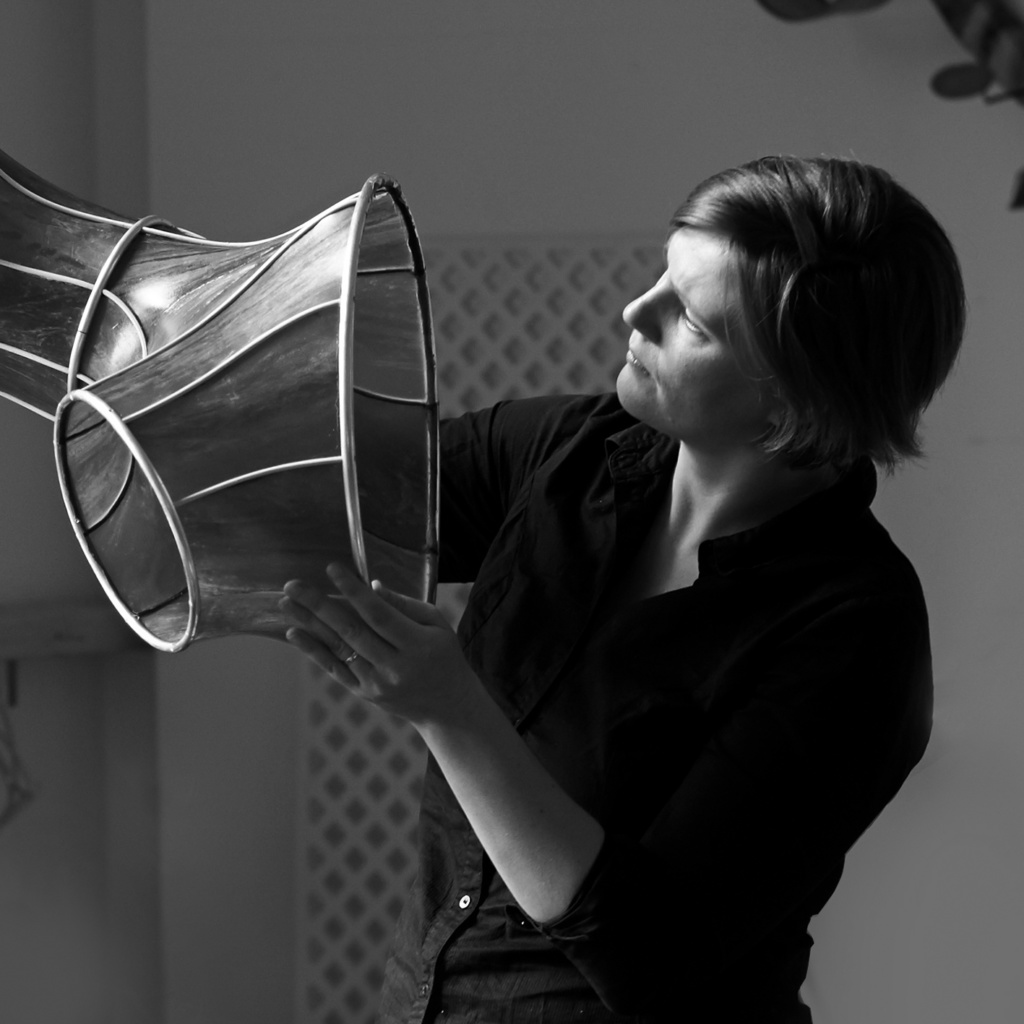
Julia Lohmann is a Professor of Practice in Contemporary Design at the Aalto University School of Arts, Design and Architecture in Finland. She investigates and critiques the ethical and material value systems underpinning our relationship with flora and fauna. Julia’s research interests include critical practice and transition-design, bio materials, collaborative making, museums and residencies, embodied cognition and practice as research. As designer in residence at the Victoria and Albert Museum in 2013, she established the Department of Seaweed, an interdisciplinary community of practice exploring the marine plant’s potential as a design material. She holds a PhD in Innovation Design Engineering from the Royal College of Art, London.
Bernhard Schipper
Scobytec, Germany – scobytec.com
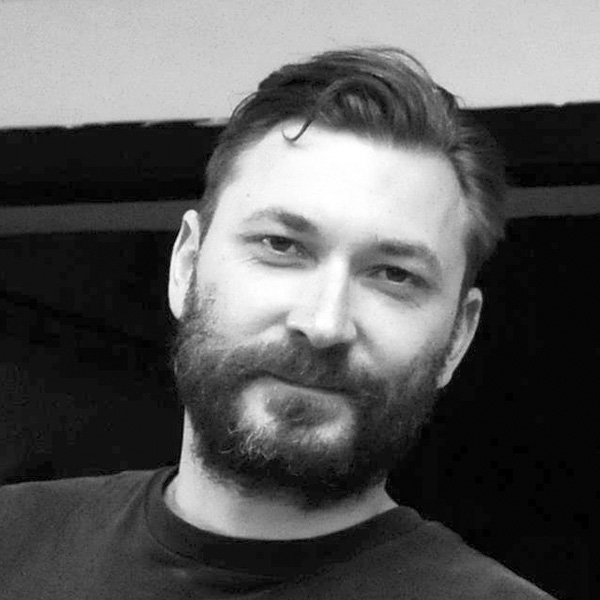
Bernhard Schipper co-founder of ScobyTec which is currently based in Leipzig, Germany. ScobyTec is developing alternative materials based on bacterial cellulose to realize (vegan) leather substitutes, fibers as substitutes for cotton products and wood-based viscose, bioplastics and composites through biofabrication. We provide scalable process engineering and refining methods that are energy efficient and location independent. ScobyTec received several awards such as the IQ Innovation Prize Leipzig, Hugo Junkers Research and Innovation Award and SMILE Business Award 2019.
Filipe Natálio
Weizmann Institute of Science, Israel – weizmann.ac.il
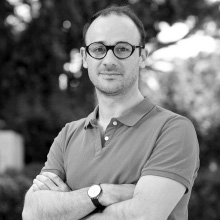
Dr. Filipe Natálio is interested in both ancient and modern materials. At the Scientific Archaeology Unit he is using artificial intelligence based algorithms to study prehistoric stone tools in order to better understand our pre-historic ancestors. Another focus of his work explores new and alternative bio-based fabrication methods that combine molecular design with plant sciences towards material farming. A good example is the use of plants (e.g. cotton) as “factories” for the biological fabrication of a wide diversity of composite materials with tailored functionalities (e.g. smart textiles) allowing further exploitation of wide range of combinations between molecular design and biological systems.
Workshops
“How to Grow?”
“Wie Wachsen?” Scenarios Workshop by MAKE. – Platform for Materials and Technology Transfer (BURG) in collaboration with Karianne Fogelberg from the cx centre for interdisciplinary studies (AdBK Munich).
“Growing as Making”
Mycelium Materials Workshop by MAKE. – Platform for Materials and Technology Transfer (BURG) supported by Maurizio Montalti (MOGU).
Initiative
MAKE. – Platform for Material and Technology Transfer
Prof. Aart van Bezooijen, Ulrike Mäder, Lorenz Ebersbach
Web: burg-halle.de/make
Contact: make@burg-halle.de
Burg Giebichenstein University of Art and Design Halle
Neuwerk 7, 06108 Halle (Saale), Germany
in collaboration with
cx centre for interdisciplinary studies
Karianne Fogelberg
Web: adbk.de
Academy of Fine Arts, Munich
Akademiestraße 2–4
80799 Munich, Germany
Thanks
Workshop Guests
Anthotypie (Dagie Brundert)
BurgLabs – SustainLab ( Ina Turinsky, Henning Françik, Lukas Keller) and BioLab (Maja Rischer, Johann Bauerfeind)
Tech, Admin
Burg gestaltet! Qualitätspakt Lehre (Simon Krautheim, Birgit Watzka)
Burg IT Services (Michael Spindler, Steffen Schwenke)
Visuals
Vreni Knoedler
Communication
Burg Press Office (Silke Janßen)
Email: presse@burg-halle.de
Internship: From Pollution to Product
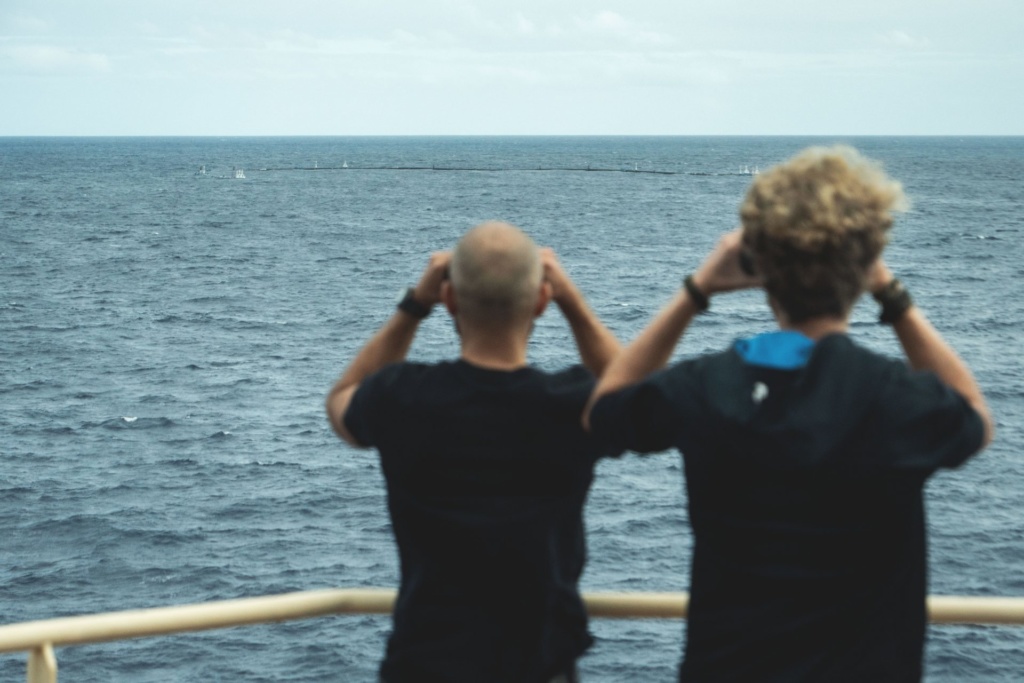
Few years ago, we supported The Ocean Cleanup crowdfunding campaign hoping this project would get the necessary critical mass in making a positive change. Today, this small initiative has become a big non-profit organization developing advanced technologies to rid the world’s oceans of plastic.
But what will we make with the recovered plastics from the Great Pacific Garbage Patch? When we read about this call for interns titled “From Pollution to Product” we considered this worth sharing with you environmental minded makers, re-users and up-cyclers at the BURG.
“We are looking for an intern who can provide us with hands-on support as well as out-of-the-box thinking.“
In short, if this is your kind of challenge and you are ready to do some creative work in Rotterdam (NL) for a few months: Read More Here / Apply Here Now.
Corona Update: Material Consultation
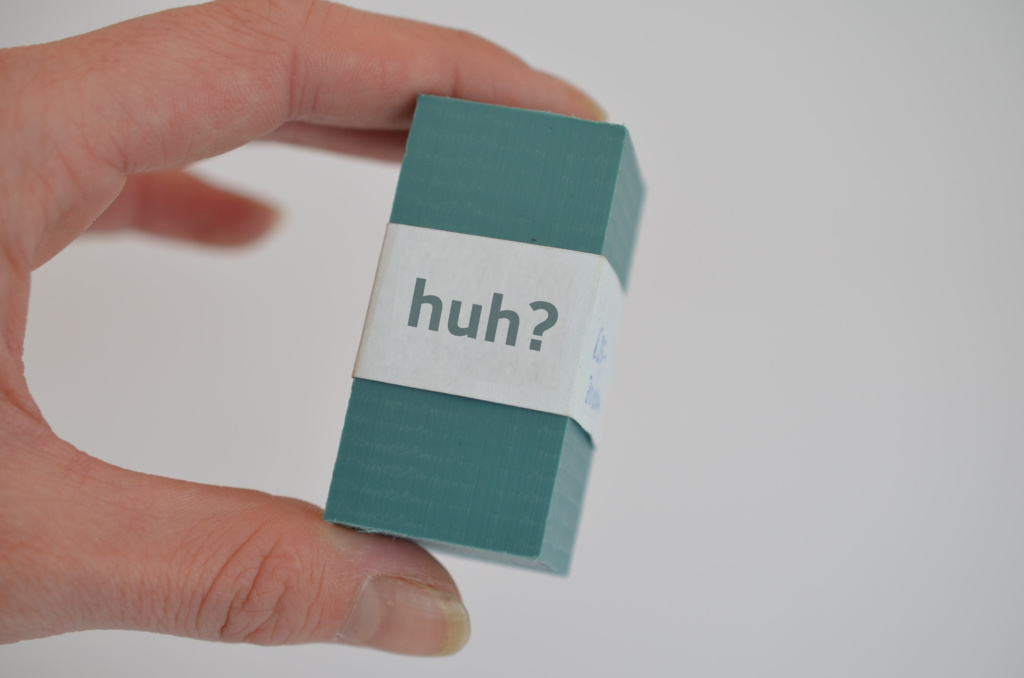
Dear Burg Students,
we hope you are doing well!
If you have any questions on materials or processes, you can still reach us at the open material consultation hour.
Consultation:
Wednesdays between 10:00 – 11:00 via Skype
(max. 15 minutes)
Please send a short e-mail with your name and request to make(at)burg-halle.de
Best regards from all of us at MAKE.
www.burg-halle.de/make
Prof. Aart van Bezooijen, Ulrike Mäder and Lorenz Ebersbach
Sustainable Packaging Symposium – February 24th
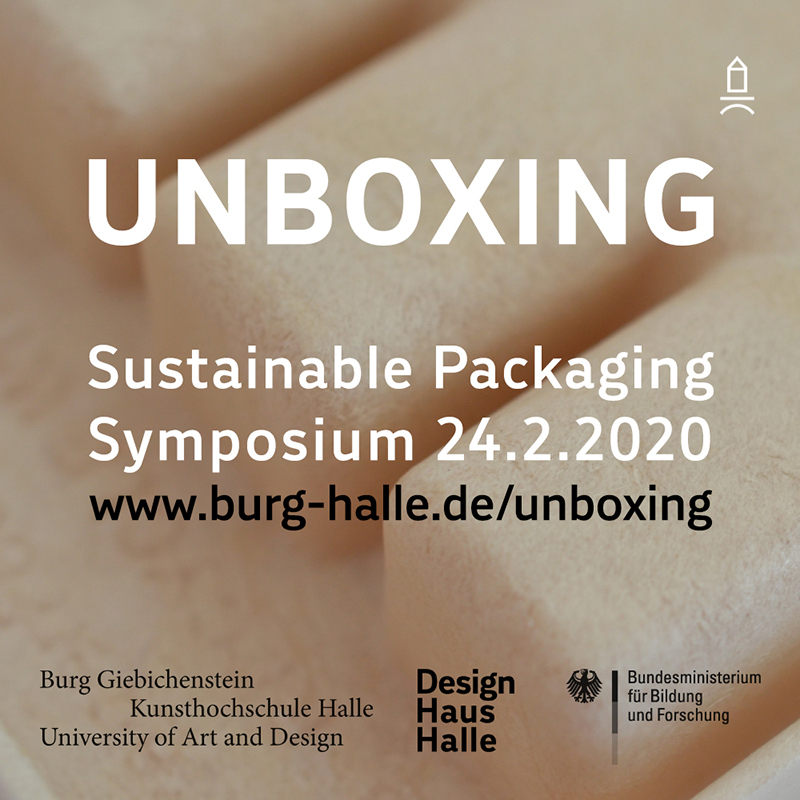
Get in touch with new materials and processes for more sustainable packaging design. Jan Berbee, Jasper Groefsema, Richard Hurding, Ayumi Matsuzaka, Marcus Moos with Michael Antons and Prof. Aart van Bezooijen – Read more at burg-halle.de/unboxing
Workshops: “UNBOXING” and “PALUDIKULTUR” at Wintersession 2020
This year’s Wintersession Platform MAKE. will be offering two material workshops. The first workshop focuses on hands-on work with Paludiculture materials sourced from wet agriculture and forestry on peatlands (see PALUDIKULTUR workshop). The second workshop is all about exploring bio-based materials to develop sustainable packaging prototypes (see UNBOXING workshop).
- Please note: There are still a few seats left for both workshops. BURG art and design students can still apply here for UNBOXING and apply here for PALUDIKULTUR (final deadline for applications 24.2.2020).
Those who are not able to participate in the material workshops are welcomed to join us on 19.2.2020: Lecture by Susanne Abel (on Paludiculture) and 24.2.2020: UNBOXING Symposium (on sustainable materials for packaging design). These are public events – no registration required.
PS: For a closer look at the investigations and (wet) material culture of peatlands, enjoy the video below featuring palaeoecologist Hans Joosten from the University of Greifswald.
Lecture: Exploring the Structural Potential of Cast Glass
Material of the Month: Scrap Glass + Workshop
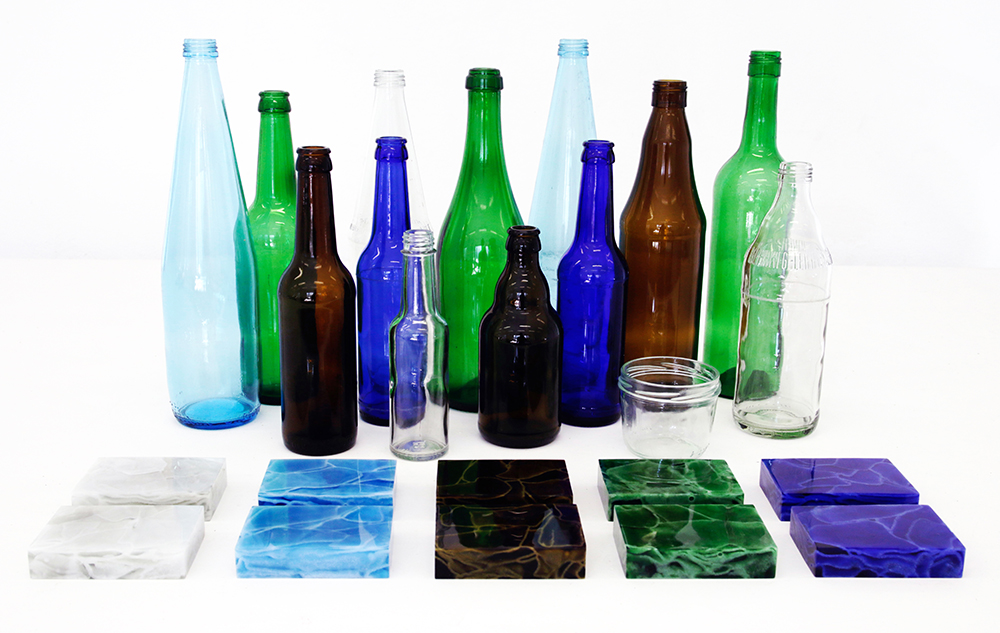
Einführung in das Material Glas im Hinblick auf das Thema „Circularity“
Inhalte
– Werksbesichtigung von industriellen Produktionen unter dem Punkt der Nachhaltigkeit
– Vortrag von Re³Glass (Save the Date: 12.12.2019)
– Querschitte zum DIY Umgang mit dem Material Glas
Recycling von Glas
– arbeiten mit gefundenem Glas als Ressource am Fusingofen
– denkbare Techniken: biegen, fusing und absenken
– maximale Größe in der Fläche sind ca. 30 x 30 cm
Upcycling von Glas
– die kalte Nachbearbeitung von Glas zur Weiterentwicklung
– denkbare Techniken: sägen, schleifen und sandstrahlen
Fakten
– Zeitraum: 9. – 13. Dezember (Ofenstart Freitag 13. Dezember)
– Ort: Bild Raum Objekt Glas (Werkstatt Kurvenburg)
– Teilnehmende: Max. 8 Student*innen aus Kunst und Design
Anmeldung bis 30.11.2019
Die Anmeldung erfolgt per Email über make(at)burg-halle.de Bitte mit angeben:
– Name, Studiengang und Studienjahr, Matrikelnummer
– Dein Vorhaben (“Was würdest du gerne machen?”, “Mit welche Glasobjekten würdest du Arbeiten?” in 2-3 Sätze oder als Skizze)
– In KW49 werden die Teilnehmer*innen bekannt gegeben
Open Call for Material Designers: Apply for Milan Workshop from 13-17 January 2020 (Deadline: 29.11.2019)
MaDe (Material Designers) is a competition, event series and platform devoted to realizing the positive impact material designers can have across all creative sectors.
Are you a researcher, design professional, graduate or student working within material design? Does your work drive positive change within society? We’re looking for material designers that are developing their chosen materials within closed-loop systems, rethinking material applications, re-purposing material surpluses and extending the potential of traditional material processes.
Within the framework of the project, the BURG university is a partner for a workshop that will be carried out at the Politechnic University of Milan (Polimi) from 13–17 January 2020. Through this partnership, 10 selected applicants will be given the opportunity to participate in the workshop. MaDe will pay for travel and accommodation for the participants.
For more information and registrations please visit: www.materialdesigners.org/apply – Deadline: 29 November 2019
This project is initiated and guided by the partners Elisava, Ma-tt-er and Polimi. BURG University contact for more information: Prof. Aart van Bezooijen (aart@burg-halle.de)
Solar Energy Symposium – October 14th
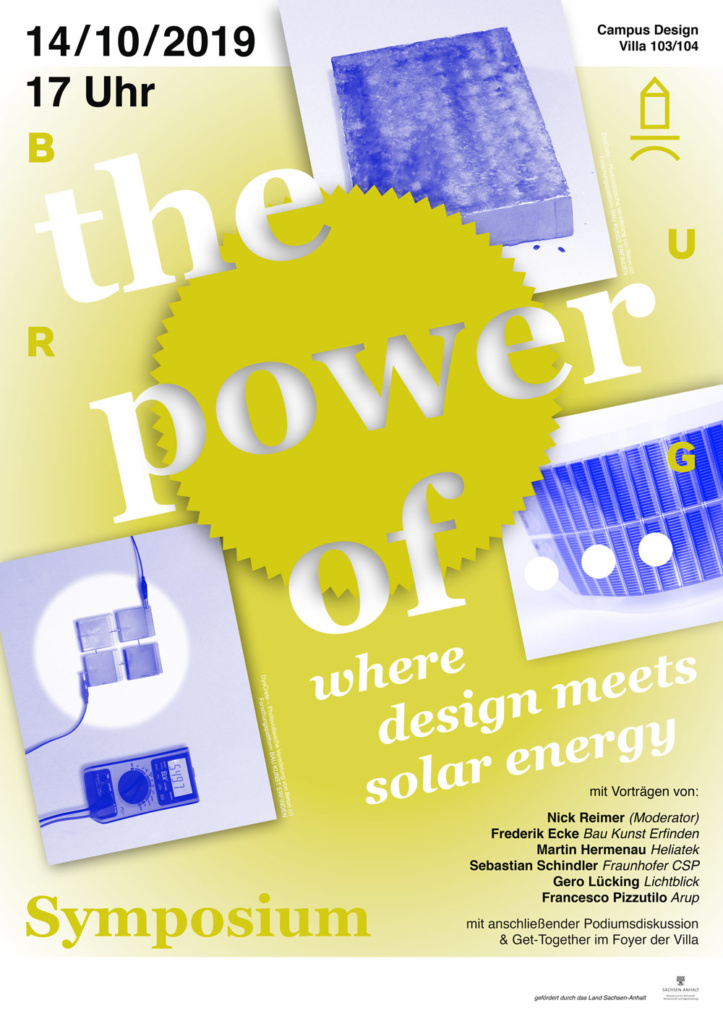
Happy new (academic) year! Our industrial design department kicks off the semester with a Symposium on Solar Energy (read more). Everyone curious about the promising potential and technological challenges of using solar power in the future – feel very welcome. No registration required.
* Recommended by MAKE.

